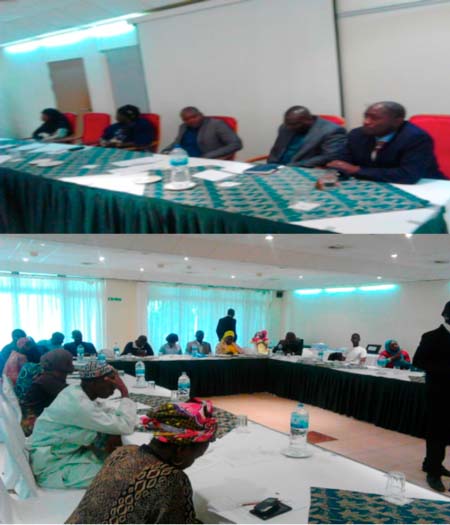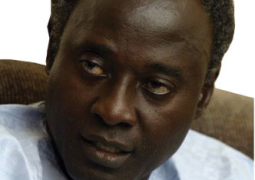
Looking
at the general comment written by the UN Committee, on the rights and welfare
of children, it stated that state parties should include children in their
budgets in order to make children realise their rights and enjoy childhood.
It
is seen in some parts of the world that children’s rights are violated and
seized. In that vein, the committee decided to write a report that state
parties should include children in budget allocation in order to make them
realise their potential and fully participate in society.
When
referring to a ‘child’ or ‘children’, the general comment includes all persons
of any gender under the age of 18 whose rights are or can be directly or
indirectly, positively or negatively, affected by public budget-related
decisions.
Children
in vulnerable situations are those who are particularly susceptible to
violations of their rights, such as, but not limited to, children with
disabilities, children in refugee situations, children from minority groups,
children living in poverty, children living in alternative care and children in
conflict with the law.
As
stated in the report by the general comment, the committee underlined the fact
that state parties are obliged to take measures within their budget processes
to generate revenue, and manage expenditures in a way that is sufficient to
realise the rights of the child.
In
that vein, the Child Protection Alliance recently launched the “General
Comment” to popularise it with the general public, and to remind state parties
to reflect on children in their budget allocations.
Speaking at the launching ceremony held at the
Kairaba Beach Hotel, Abdou Colley, a National Assembly Member, said the
government of The Gambia continues to tirelessly make sure that the rights of
children are fulfilled and protected.
He
added that CPA and National Assembly will continue to work together to ensure
that the government remains committed towards protecting the rights of
children, especially the banning of FGM and early marriage.
He
said the country will stand to contribute more than it provides, in terms of
adequate resources towards the development and well-being of the Gambian
children.
He
urged the government and other stakeholders to take child rights as their
priority as they are the future leaders of this great nation; therefore,
investing in children should be a major concern for everybody.
Famara
Darboe, CPA board member, added that the objective of the general comment to
the realisation of children’s rights is to improve the understanding of
children under the convention in relation to budgeting of children, so as to
strengthen the realisation of those rights and to promote change in the way
budgets are enacted and executed in order to advance the implementation.
He
stressed that it is important to look if the size of the budget is sufficient
based on the rights of the child.
He
said the committee reiterate that prioritising the rights of children, at both
national and international levels, is required by the convention not only to
realise their rights, but also for long-lasting positive impact on their future
economic growth.
The
Director of Social Welfare, Fanta Bai Secka, said her ministry will together
work on the process that children enjoy childhood.
She
said they have developed a child protection strategic plan of action which they
are currently implementing, and if fully captured in their programme budget for
the year 2017 and, with the availability of the requirements and resources for
the implementation, the children of The Gambia will benefit greatly.
Parents
should listen to children; they should be given equal rights to enjoy childhood,
she said, adding that special budgets should be given to them to realise their
potential.
Fatoumatta
A. Jallow, president of the Voice of Young, lamented that states must
prioritise children in their budgets to achieve their fundamental principles,
and they should be at the centre of decision making.
She
said Gambia has many laws and instruments in place to fulfil the rights of
children, to protect them from violence and abuse and to protect the rights and
welfare of children in The Gambia.
She
added that state parties should invest in children for future generations, who
are healthier, better educated and more productive to contribute to sustainable
development.
The
report stated that state parties are obliged to integrate and apply this
principle in all legislative administrative and judicial proceedings that have
a direct and indirect impact on children, including budgets.
The best interest of the child should be a
primary consideration throughout every phase of the budgetary process, and in
all budgetary decisions that affect children.



